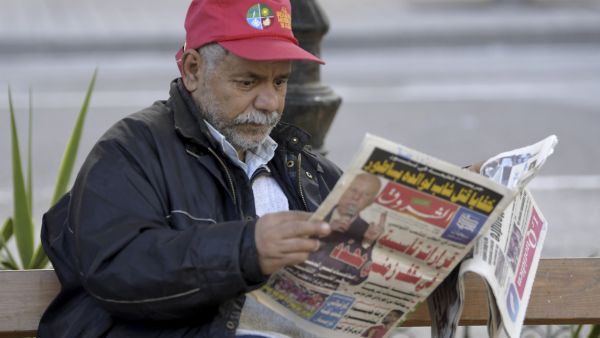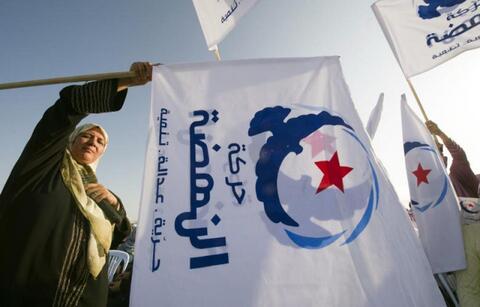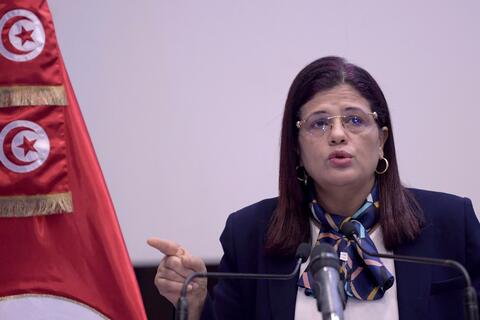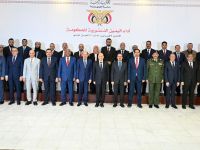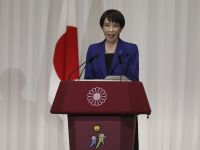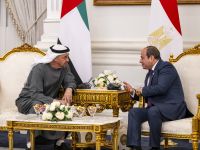The Tunisian judiciary has referred 19 people to trial on Wednesday for "election violations," including the head of the Ennahda movement, Rachid Ghannouchi, and former President Moncef Marzouki.
According to a statement issued by the Information and Communication Office of the Court of First Instance, the defendants were referred "for committing electoral crimes during the 2019 elections such as the use of illegal electoral propaganda through social media and propaganda during the electoral silence period."
Tunisian newspaper: Ghannouchi and 4 officials, including a former defense minister, referred to the judiciary https://t.co/PgQLxt0RzO
— Around World journal (@aw_journal2021) January 5, 2022
According to the statement, the individuals referred also include Nabil Karoui, the head of the Heart of Tunisia party and a presidential candidate for the 2019 elections, and former Defense Minister Abdelkarim Zubaidi.
They also include four former prime ministers: Youssef Chahed, Elyes Fakhfakh, Mehdi Jomaa and Hamadi Jebali.
The court’s decision is based on a report by the Court of Accounts regarding the early presidential elections in 2019.
Tunisian judiciary refers 19 people to trial for ‘electoral crimes’ https://t.co/HDwurkRS9h
— ANADOLU AGENCY (@anadoluagency) January 6, 2022
On Wednesday, the adviser to the head of the Ennahda movement, Riadh Chouaibi, told Anadolu Agency that "Ghannouchi was not a candidate in the 2019 presidential elections and therefore there is no justification for this procedure against him."
Tunisian President Kais Saied ousted the government on July 25 last year, suspended parliament and assumed executive authority. While he insists that his "exceptional measures" are meant to "save" the country, critics have accused him of orchestrating a coup.
This article has been adapted from its original source.


